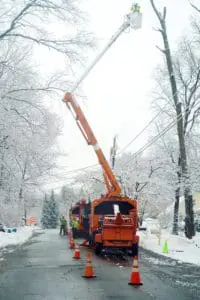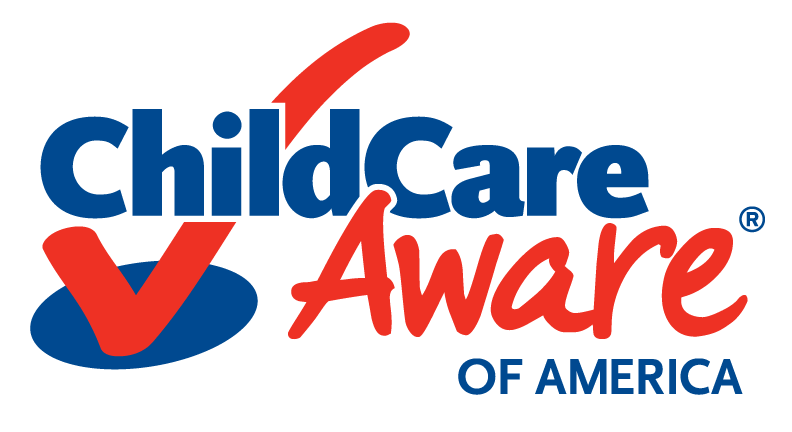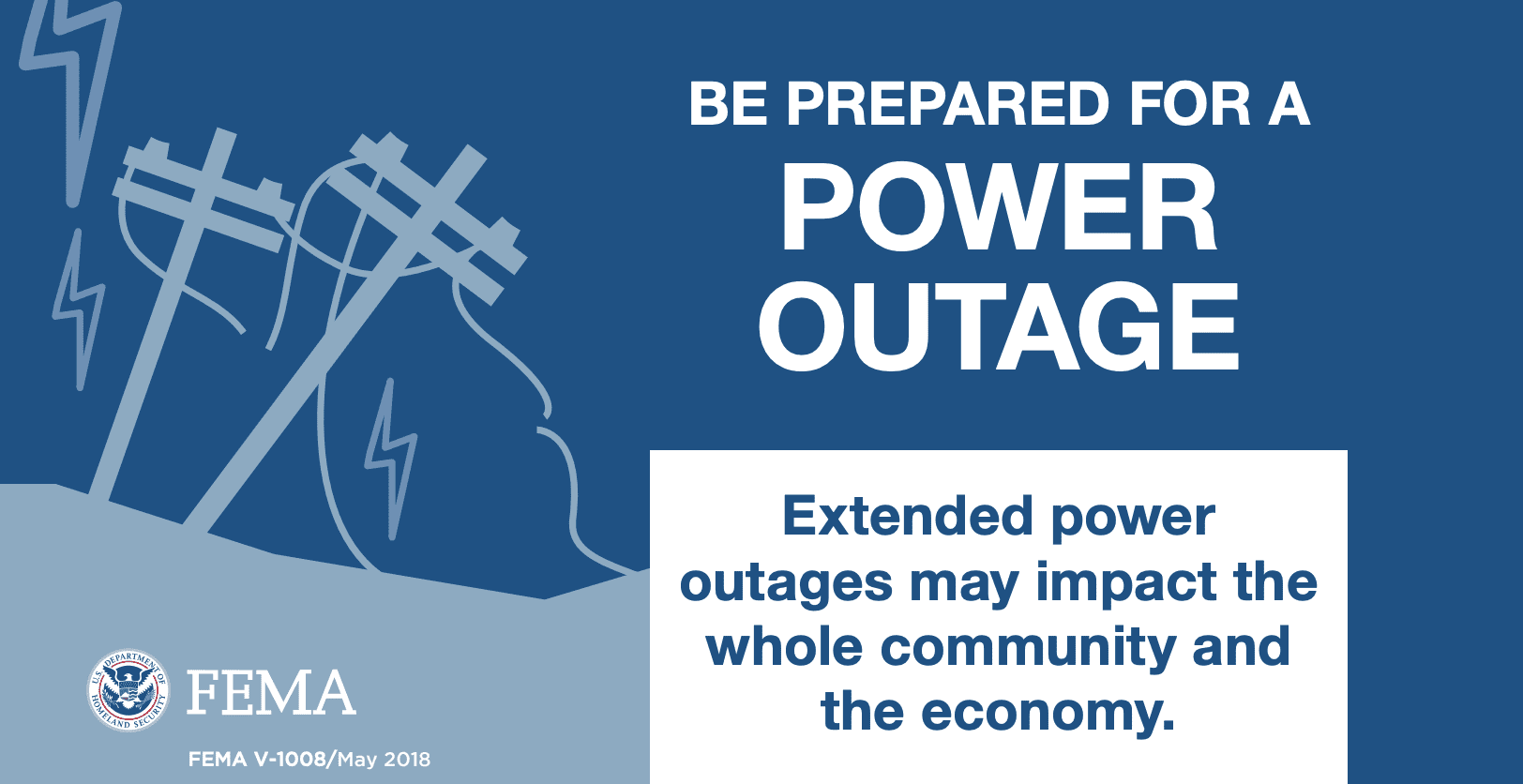 A power outage is the loss of electricity. It often happens unexpectedly and may last for hours or even days, depending on the cause. Many different types of situations can lead to a power outage, including a winter storm or thunderstorms. Extreme heat has increased the risk of power outages due to overloaded infrastructure.
A power outage is the loss of electricity. It often happens unexpectedly and may last for hours or even days, depending on the cause. Many different types of situations can lead to a power outage, including a winter storm or thunderstorms. Extreme heat has increased the risk of power outages due to overloaded infrastructure.
Loss of power can cause many disruptions, including communications, water and transportation. These disruptions can make it difficult to appropriately care for children, but with advanced preparation child care providers can stay calm and ensure they are meeting the needs of the children in their care. Remember that state licensing or other regulatory bodies may have policies for proceeding during a power outage.
Preparing for a Power Outage
Child care programs should have written emergency plans that provide an all-hazards approach to emergency preparedness. The written emergency plan should include guidance on how the child care program will respond to various disasters or emergencies, which would consider how to respond in the event of a power outage.
Some planning considerations include:
- How you will monitor conditions if the power outage was caused by a disaster or emergency.
- If you will stay open, relocate, or close.
- How and what you will communicate with families.
- When to reach out to state licensing or other regulatory agencies
- How you will address hygiene/sanitation (diapering/toileting, handwashing, food preparation, etc.) if a power outage will impact your access to water/hot water.
- How you will meet nutritional needs (warming bottles, preparing food, etc.) during a power outage.
- How you will meet any medical needs (medical devices that need electricity, medications that need to be refrigerated, etc.)
- How you will keep children entertained during a power outage.
- Keeping your emergency supply kit (including non-perishable food and water and flashlights) up to date
- How to keep children safe during a power outage in extreme weather, such as keeping them cool in extreme heat and keeping them warm when it is cold.

Some Steps Child Care Providers Can Take
There are many steps child care programs can take before a power outage. Some include:
- Sign up for local alerts and warning systems. Monitor weather reports.
- Take an inventory of the items you use that rely on electricity and think about how a power outage would impact your ability to function without the items.
- Install smoke and carbon monoxide detectors with battery backup.
- Write down your electric company’s telephone number and consider saving their website and contact information to your mobile phone. This will make it easier to check your outage status if the power goes out.
- Keep mobile phones and other equipment charged.
- Plan for an alternate power source such as batteries, power banks, or generators if the power goes out. If you plan to use a generator, know how to safely use it. (Licensing requirements for the use of generators vary from state to state. Be familiar with regulations before you lose power.)
- Incorporate power outage scenarios into your regular practice drills.
- Make sure you have flashlights and batteries available.
Child care providers can take steps to help keep children and adults safer during a power outage. Some include:
- Unplug appliances and electronics to avoid damage from electrical surges.
- Keep freezers and refrigerators closed. The key to food safety following a prolonged power outage is to ensure the food temperature stays at 40 degrees or below. Food in a freezer may be safely refrozen if the food has ice crystals or stays below 40 degrees. Generally, when in doubt, throw it out!
- Never use a generator indoors.
Other Resources
- Power Outages (Ready.gov)
- What You Need to Know When the Power Goes Out Unexpectedly (Centers for Disease Control and Prevention)
- Prepare Yourself for a Power Outage
- Keep Your Food Safe During Emergencies: Power Outages, Floods & Fires (United States Department of Agriculture)



